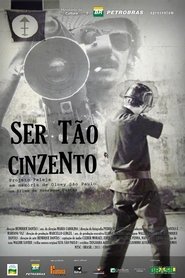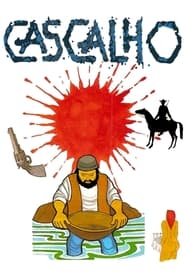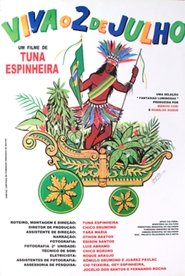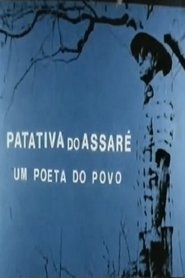detail profile marcio curi
Peran Yang Di Mainkan Marcio Curi
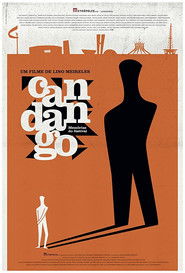 In 1965 a year after the military...
In 1965 a year after the military...Candango: Memoirs from a Festival 2020
In 1965, a year after the military coup in Brazil, an oasis of freedom opened in the country's capital. The Brasília Film Festival: a landmark of cultural and political resistance. Its story is that of Brazilian cinema itself.
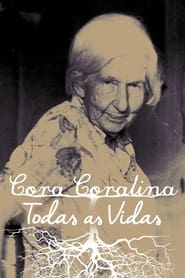 All the lives of Cora Coralina...
All the lives of Cora Coralina...Cora Coralina: Todas as Vidas 2017
All the lives of Cora Coralina in a poetic narrative in the voices, feelings and interpretations of six generations of great Brazilian actresses. A polyphony of the voices that inhabited Cora, revealed in prose, verse and images with its immense literary talent and human content. The film reveals the trajectory of Cora Coralina, from her childhood years to getting married and leaving Goiás, from the long period of 45 years lived in different cities in the state of São Paulo and her return to the City of Goiás, when she revealed herself to Brazil with the strength of his poetry.
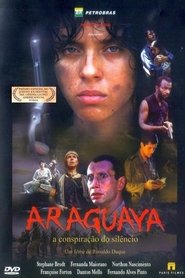 Film about an important episode in...
Film about an important episode in...Araguaya - A Conspiração do Silêncio 2004
Film about an important episode in Brazilian History: the Araguaya guerrilla. In the 1970s, when Brazil was ruled by a military dictatorship, some left-wing militants and peasants took arms against the Army, in the Amazon. Right in the middle of the conflict, there stood a French priest who had come to the region in the 1960s, and got involved in the events leading to the rebellion.
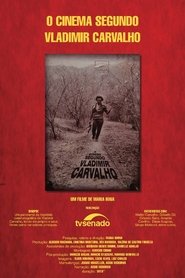 The documentary presents an overview of...
The documentary presents an overview of...O Cinema Segundo Vladimir Carvalho 2001
The documentary presents an overview of Vladimir Carvalho's cinematographic career, from the very beginning, as a co-writer of “Aruanda” (1960), directed by Linduarte Noronha, to the present day. With Vladimir himself as the main narrator and illustrated by scenes from his films, the documentary also features interviews with Gilberto Gil, Orlando Senna, Arnaldo Carillo, Dácia Ibiapina, Fernando Duarte, Sérgio Moriconi, among others.
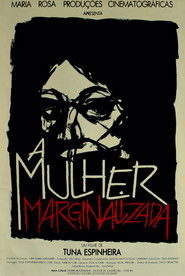 The film addresses the condition of...
The film addresses the condition of...A Mulher Marginalizada 1989
The film addresses the condition of sex workers in the city of Juazeiro in the 1980s.
 In Bahia in the late 60s...
In Bahia in the late 60s...Meteorango Kid, Intergalactic Hero 1969
In Bahia, in the late '60s, the alienated college student Lula spends his time protesting in the university, but without political orientation, wandering on the streets, smoking grass, trying to be an actor and having sex. Meanwhile, a common young man stalks women on the streets trying to have intercourse with them.
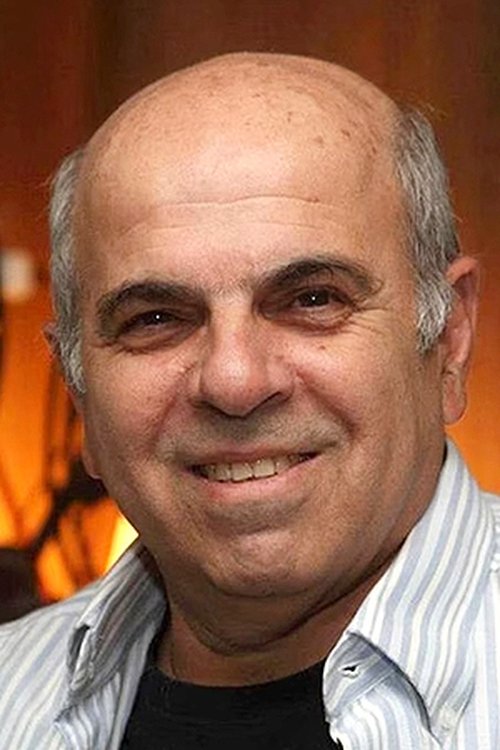
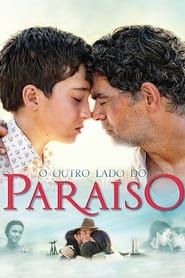 Nando a 12 year old boy narrates...
Nando a 12 year old boy narrates...